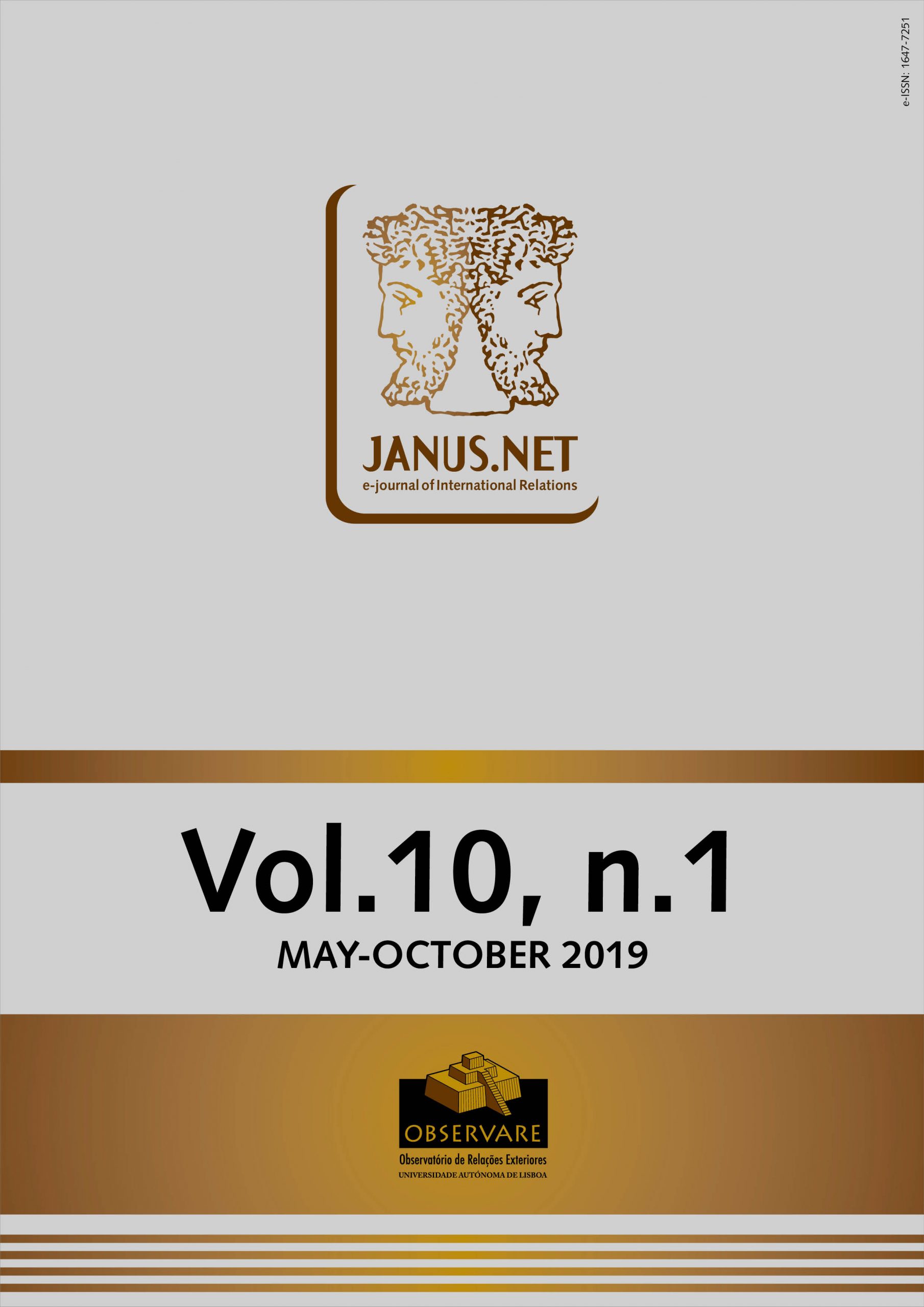Climate change is a phenomenon recognised, monitored and researched by broad sectors of the scientific community, being one of the great challenges of the 21st century. Within this vast and transdisciplinary theme, this work discusses how the least developed countries (LDCs) can position themselves in front of the hegemonic discourse spread by the countries of the core in climate negotiations, especially in relation to the mitigation of greenhouse gases. The inductive method was adopted from a case study and information was collected from primary and secondary sources. Based on the understanding of historical emissions, climate justice and global carbon budget, it is debated here whether LDCs should actually consent to everyone’s responsibilities even if they differ, since they have urgent needs to improve their development indexes, especially in terms of GDP and IDH. It is argued that the LDCs – whose historical contribution of emissions is around 0.4% of the total – should claim an increase in the share of the global carbon budget for economic and social development purposes.
A FAIR GLOBAL CARBON BUDGET FOR LEAST DEVELOPED COUNTRIES (LDCS)
PhD student in International Relations: Geopolitics and Geoeconomics at the Universidade Autónoma de Lisboa (Portugal). Geographer (Universidade Federal do Rio Grande do Sul); Master’s in Natural Resource Management and Local Development in the Amazon (UFPA). He is integrated Researcher at OBSERVARE – Observatory of Foreign Relations of the Universidade Autónoma de Lisboa.
Resumo
Palavras-chave
Como citar este artigo
Furini, Gustavo (2019). “A fair global carbon budget for least developed countries (LDCs)”. JANUS.NET e-journal of International Relations, Vol. 10, N.º 1, May-October 2019. Consulted [online] on the date of the last visit, https://doi.org/10.26619/1647-7251.10.1.6
Article received on 24 September, 2018 and accepted for publication on 2 February, 2019















